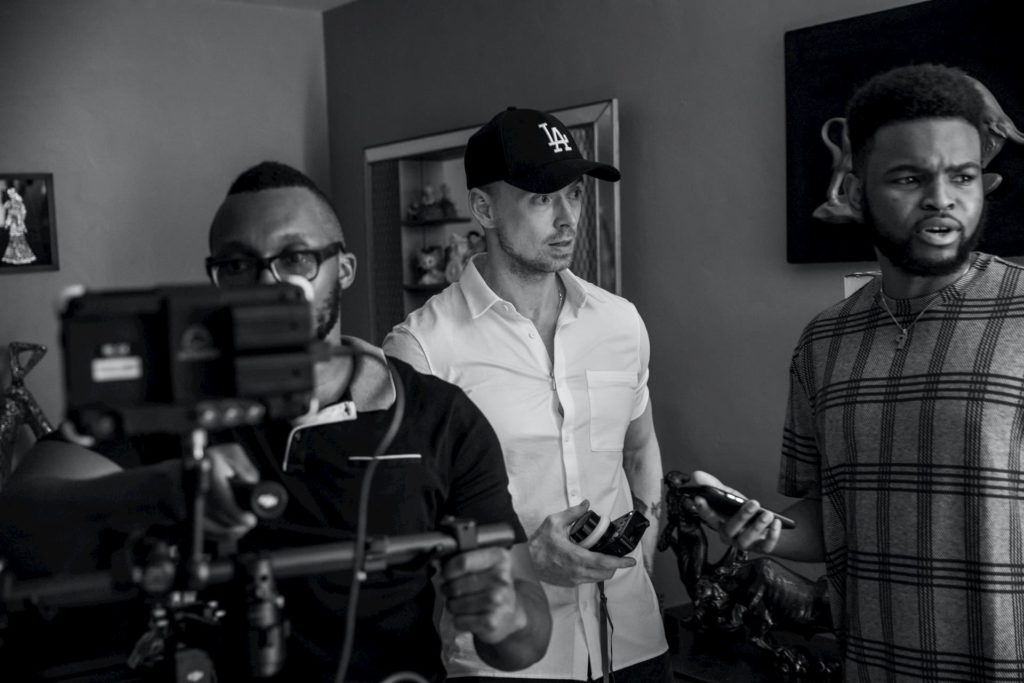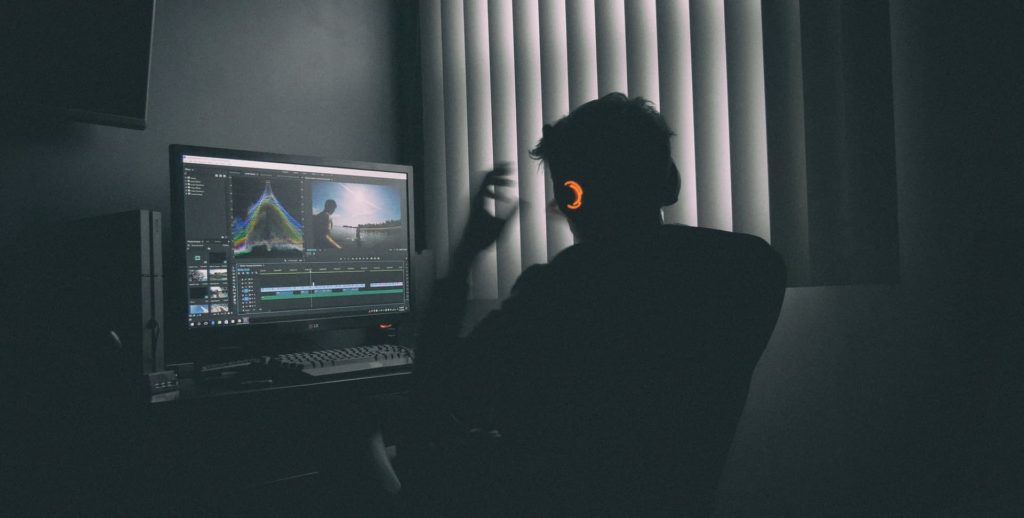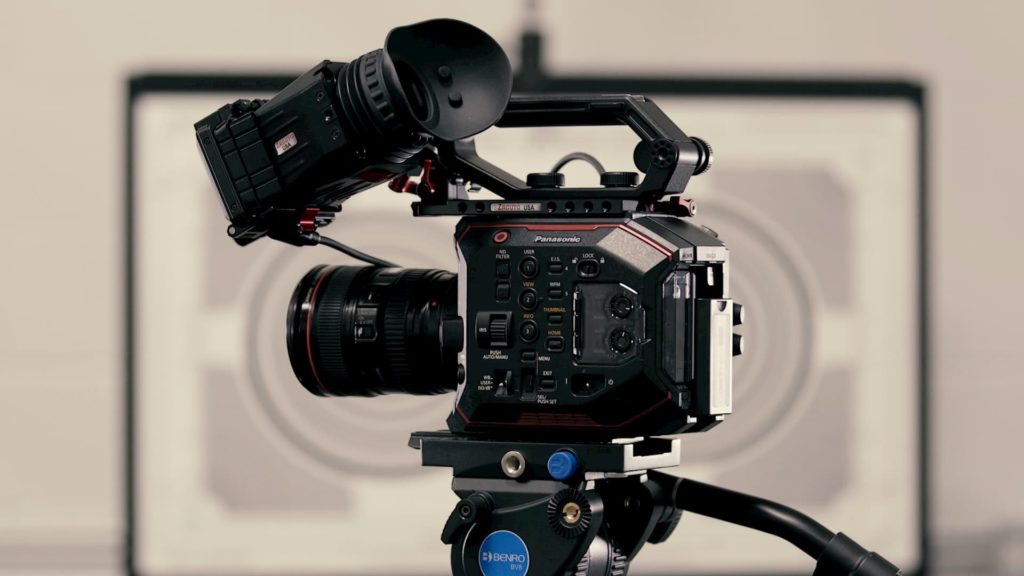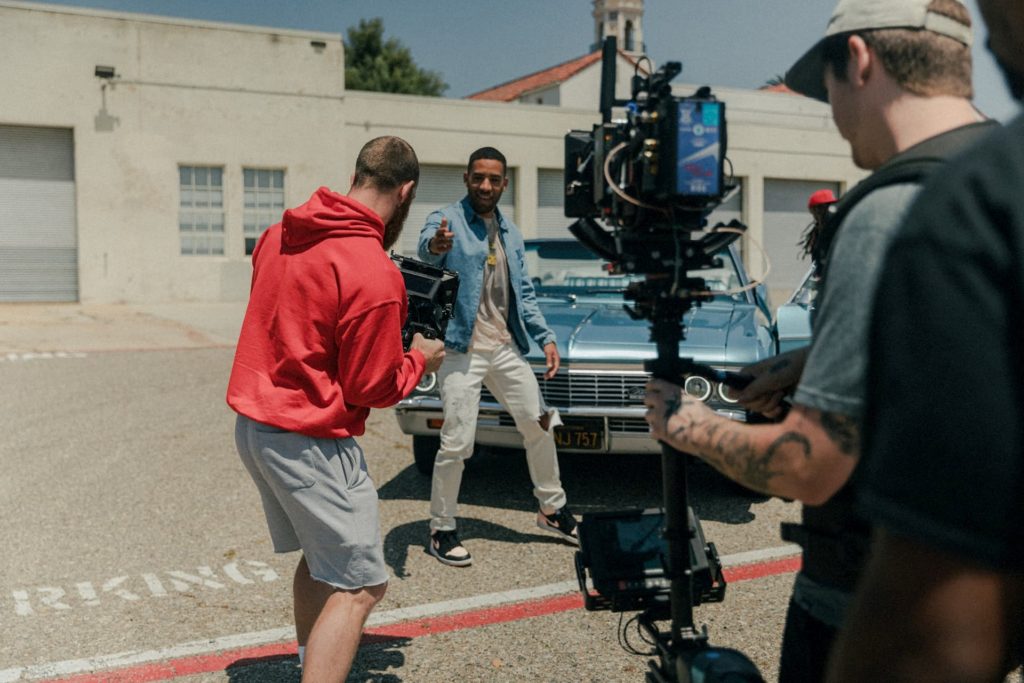Why Music Video Production Can Make You a Better Filmmaker
Are you a filmmaker looking to broaden your horizons? Perhaps you’re interested in expanding your resume and experiences as a filmmaker, but you’re not sure where to look?
If music video production is something that interests you, that’s great! Music videos are very similar to films in many ways, and it’s a great way to learn and grow as a filmmaker. It’s also something great to add to your resume!
Music video production roles and responsibilities typically mirror film productions. Music videos require directors, editors, cinematographers, producers, production assistants, gaffers, grips, and many other various roles to make a good, professional-looking video.
Whether you’re interested in high budget or low budget music videos, you can drastically strengthen your filmmaking capabilities — whether in directing, cinematography, writing, editing, etc.
Below, you’ll find a list of ways music video production can make you a better all-around filmmaker.
Storytelling

Much like filmmaking, music video production is heavily involved with visual storytelling.
When you’re working on a music video project, you’ll need to decide on the direction and story of the video.
Are you making a video for a sad song or an upbeat song? What genre of music is it? What is the message behind the lyrics of the song?
These are questions you will need to think about when coming up with the story for the video. Similar to books, films, paintings, and many other art forms, music tells a story — and it’s your job to show that on-screen.
Depending on your music video budget, you can be creative with this. Experiment with unique and exotic locations, sets, props, and other visuals to convey the story you’re trying to tell.
Before actually shooting the music video, you’ll likely talk with the artist about the direction and story of the film. You’ll discuss the style, tone, and feel of the song and how you can convey that through the visuals and story of the video.
Looking For Inspiration For Your Music Video?
Directing

Just like a film director, the role of a music video director is to direct the actors and crew members on set, as well as to oversee the entire production.
Sound similar? That’s because they’re pretty much exactly the same.
While working on set for a music video, one of your main responsibilities is to bring out the best performance in the artist and other actors/actresses in the video.
You’ll need to work with the cinematographer on the specific shots and lighting techniques you will use for certain scenes. How will these shots convey the story and the tone? As the director, you will need to determine how the music video will be shot — visually and story-wise — and how it will look in post-production.
Editing

After shooting a music video, you’re going to need to edit it. And depending on the type of music video, you’re going to need to use various effects, transitions, and editing techniques that complement the story, direction, and style of the video.
Also, if you need a quick and simple solution to edit a video— especially for marketing yourself as a filmmaker on social media—check out this online video editor.
When editing music videos, you’re going to be using video editing software — such as Adobe Premiere Pro, After Effects, and Final Cut Pro. These are the well known and ideal editing software used by the majority of video editing professionals.
As the editor, your job will be to work with the director and cut up the video clips into a sequence that creates a story and conveys a particular mood and feeling. Some videos will contain slow cuts and long takes, while others will have quick cuts and a more upbeat mood. It all depends on the story and song, and this will ultimately shape the pacing of the video.
Not all music videos will need flashy effects and color grading, but they all need to convey some type of message to the audience. The music video will be pieced together with editing, and it’s your job to determine how the video will be told.
Cinematography

Music videos can be a great way to improve your cinematography abilities, as you will be working with a camera, determining shots and angles with the director, and using various lighting setups.
Similar to working on a film set, your job as the cinematographer on a music video set is to oversee the camera, lighting crew, and the artistic and technical aspects related to the image. If you’re looking to gain more experience in cinematography, don’t be afraid to get involved in music video productions because they can give you a great experience.
If you’re worried about not having the best camera for music videos, don’t stress. There are plenty of entry-level and affordable cameras — such as the DSLR camera and other various cameras and equipment needed for shooting — that can still give you the high resolution and image quality you’re looking for in your video.
Again, depending on your budget and resources, you’ll need to determine the best budget music video camera suited for your music video.
Here’s a list of cameras that can give you an idea of which camera you should use for your music video production projects.
Never Made A Music Video? Learn Everything You Need To Know!
Conclusion

The director, cinematographer, and editor aren’t the only jobs needed for music videos. Depending on the scale of the production and your budget, there are various other roles — such as the producer, production designer, make-up artist, grips, camera assistant, choreographer, boom operator, and many more.
If you’re looking to gain more experience in filmmaking, taking on any entry-level role on a music video set can be great for you. You’ll be able to gain valuable knowledge, connections, and will learn how professional music videos get made.
If you’re just beginning and working with a tighter budget, you may be more interested in learning how to make a music video by yourself. Check out this video to get an idea on how to start music video productions on your own or with a small production team.
You can also benefit from using a free online video editor.